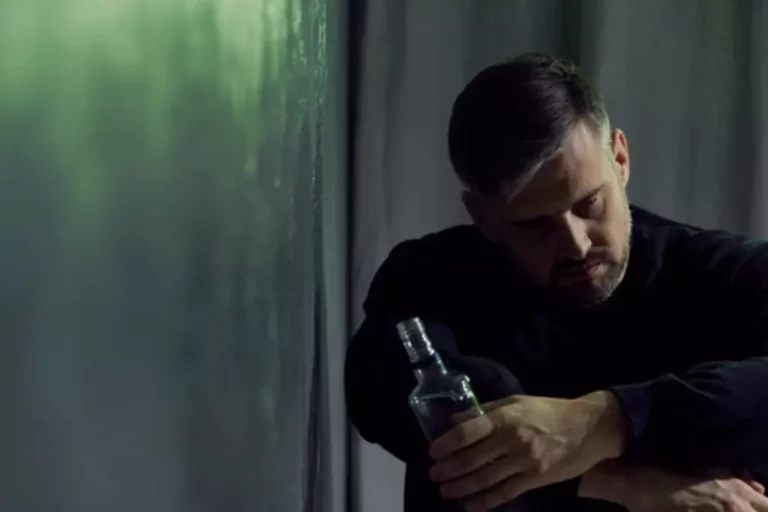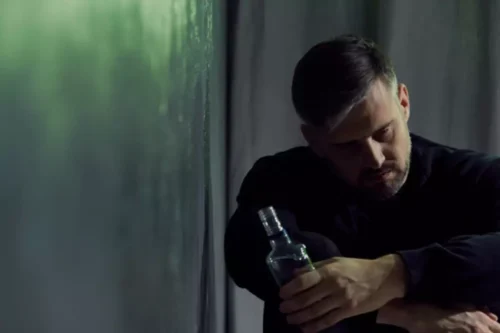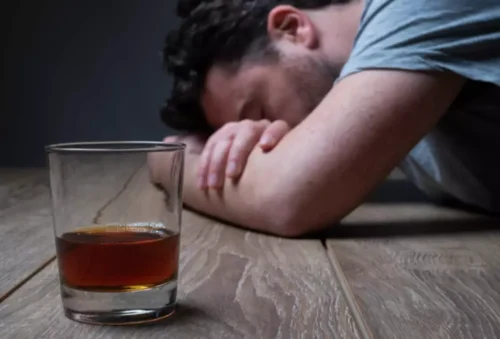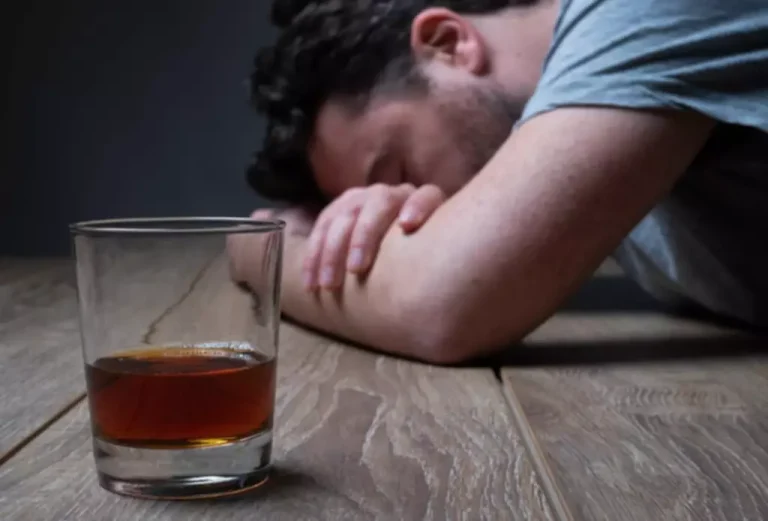В 2024 году средняя цена закрытия составила $2.029,06 долларов за унцию. Экономика США восстановилась после Covid, но в связи с недавним всплеском инфляции и разговорами о рецессии в воздухе витает неопределенность. Идет деглобализация, а это означает, что экономики по всему миру, включая США, в ближайшие годы столкнутся с серьезными изменениями.
С другой стороны, если ситуация в мире начнёт стабилизироваться, инфляция пойдёт на спад и удастся снизить градус конфликтов, это может стать предпосылкой для снижения стоимости золота. Безудержная инфляция 1970-х годов, частично вызванная тем, что доллар был мировой резервной валютой, заставила инвесторов все чаще смотреть на золото как защитный актив. К 1980 году цена на золото достигла отметки $600 долларов (сегодня с поправкой на инфляцию это эквивалентно $2.250). На приведенном ниже графике показана цена одной унции золота с поправкой на инфляцию с 1980 года. Как вы видите, за последние 40 с лишним лет цена претерпела несколько значительных колебаний. За минимумами 1970-х годов последовал исторический максимум 1980-х годов.
«Слово и дело» изучило, как менялась цена биржевой стакан и его анализ этого драгоценного металла на протяжении последних 20 лет. Кроме того, определенные долгосрочные тенденции цены на золото не всегда точно соответствуют ожиданиям, основанным на инфляции, рецессии или геополитических событиях. Изменения стоимости золота за последние 20 лет показывают, что этот металл остается надежным активом в периоды экономической нестабильности. Его цена может колебаться в зависимости от множества факторов, но золото продолжает сохранять свою ценность на долгосрочной перспективе. Если вы хотите выгодно сдать золото, выбирайте проверенные ломбарды, которые обеспечивают прозрачные условия сделки и честную оценку. В соответствии с золотым стандартом страны выпускали бумажные банкноты, которые можно было обменять на физическое золото по фиксированному курсу.
Как менялась стоимость золота
А конфликты между странами усиливают неопределённость, закладывая в цену золота «военную премию». Многие воспринимают золото как некий актив-убежище, тихую гавань, в которой можно переждать неспокойные времена. Хотя гарантий, что золото сможет выполнить эту функцию, конечно, никто не даст. При этом тренд может быть весьма ускоренным на фоне благоприятных факторов.
Год спустя Рузвельт повысил стоимость золота до $35 долларов за унцию. Золото имеет уникальную и захватывающую историю, а его ценность и значение выходят за рамки времени и географии. С момента своего появления как части церемониальных обрядов и до использования в качестве валюты и средства сбережения золото на протяжении тысячелетий играло важную роль в человеческой цивилизации. Сегодня золото остается популярным вариантом инвестиций, востребованным как частными лицами, так и организациями из-за его предполагаемой безопасности и потенциала роста. В последние годы введение санкций против ряда стран, включая Россию, и ответные меры усилили дестабилизацию мировой экономики в целом, что также способствовало росту спроса на золото.
В новом выпуске мультсериала «Как устроена экономика» разбираем понятия инфляции и дефляции и размышляем о том, как сохранить свои сбережения. России в этом смысле несколько проще — золото добывают в основном открытым способом, а в руде обычно высокое его содержание. Поэтому себестоимость добычи драгметалла в России, например, у крупнейшего добытчика — компании «Полюс» — существенно ниже, чем в среднем по миру. Поскольку золотые украшения уже были широко приняты и признаны в различных цивилизациях, создание золотой монеты было естественным прогрессом. Рост затрат на добычу золота и ограниченность новых месторождений приводят к тому, что предложение золота на рынке не успевает за растущим спросом. Также инвесторы часто ищут в золоте альтернативные способы сохранения капитала на фоне ослабления национальных валют, таких как доллар, евро или рубль.
Золото и доллар США
Еще один способ приобрести физическое золото — купить золотые монеты или слитки у авторитетного дилера. Физическое золото также может быть украдено или утеряно, поэтому его следует хранить в надежном месте. При просмотре долгосрочных данных важно помнить, что прошлые результаты не обязательно являются показателем будущих индекс насдак 100 результатов. Тот факт, что золото работало лучше или хуже в прошлые периоды, не гарантирует, что так будет и дальше. Кроме того, предложение золота ограничено и может зависеть от добычи полезных ископаемых, разведки и государственной политики.
Динамика цены на золото
Бреттон-Вудское соглашение установило, что доллар США является доминирующей резервной валютой и что доллар может быть конвертирован в золото по фиксированному курсу $35 долларов за унцию. В то время ранние торговцы искали способ создать стандартизированную и легко переводимую форму обмена, которая бы упростила торговлю товарами. Еще одно предостережение, о котором следует помнить при анализе долгосрочных данных, — это склонность к предубеждению в ретроспективе. Поэтому важно подходить к этим историческим данным со здоровой долей скептицизма и учитывать более непосредственный экономический и геополитический контекст, в котором они рассматриваются.
Зачем рассматривать исторические цены на золото?
Из этих нехитрых наблюдений можно сделать несколько важных для любого инвестора, который занимается золотом как объектом для долгосрочных вложений, выводов. В третьих, в 2008 (осенью) произошло довольно сильное падение курса, а потом вновь начался интенсивный рост. Рассказываем, кто её устанавливает и корректирует, на что она влияет и как работает в разных условиях экономики. В одном только 2022 году мировые центробанки скупили рекордные за 55 лет 1136 тонн золота. Резюмируя особенности золота в качестве общепризнанного и ликвидного актива, важно учесть ряд моментов. Несмотря на утрату функции полноценных денег, редкоземельный металл активно используется различными субъектами международных финансов.
Благородный металл ещё в прошлом веке выполнял функцию полноценных денег. Однако закономерный рост интеграционных процессов и неудобство обслуживания расчётов слитками привели к постепенной утрате золотом статуса платёжного средства. Логичным решением стало проведение демонетизации металла в 1976 году, когда общепризнанной стала политика плавающих валютных курсов. Стоимость золота всегда была объектом внимания инвесторов, экономистов и тех, кто стремится сохранить свои сбережения. Этот драгоценный металл считается одним из наиболее устойчивых активов в условиях экономической нестабильности.
- Этот драгоценный металл считается одним из наиболее устойчивых активов в условиях экономической нестабильности.
- За минимумами 1970-х годов последовал исторический максимум 1980-х годов.
- Если мы посмотрим на график фьючерса на золото, то заметим несколько десятилетий относительной стабильности котировок в конце прошлого века.
- В спокойные времена бывает, что этот драгметалл пользуется не слишком большим спросом.
- Это связано с желанием диверсифицировать запасы и снизить зависимость от доллара США.
- Многие воспринимают золото как некий актив-убежище, тихую гавань, в которой можно переждать неспокойные времена.
Динамика цены на золото — как менялась стоимость за последние 10 лет
Кроме того, золото исторически рассматривалось как защита от инфляции, поскольку оно может сохранять или увеличивать свою стоимость с течением времени, даже в условиях роста цен. Золото часто считается хорошей инвестицией для диверсификации, поскольку оно менее коррелировано с другими активами, такими как акции или облигации. Это означает, что на цену золота меньше влияют изменения в других классах активов, что может помочь снизить общий риск портфеля. В условиях высокой инфляции многие центральные банки повышали ключевую ставку, что обычно сдерживает рост цен на золото. На понижении ставки золото, наоборот, может начать дорожать, так как более предсказуемые активы становятся менее доходными. Так, доходность государственных облигаций обычно падает вслед за ключевой ставкой, и они становятся менее привлекательными.
На состояние котировок непосредственно влияет и внутренняя политика центробанков. В случае наращивания части драгоценного металла в составе для чего необходимы точки разворота золотовалютных резервов на рынке может сформироваться дефицит со всеми последствиями для курса золота. Данные об изменениях котировок наглядно показывают настроения инвесторов.






